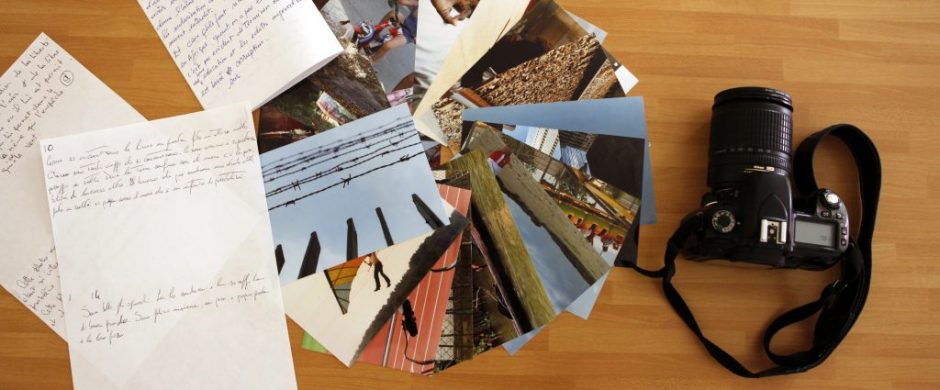
In my first year of teaching BA and MA journalism students, I found it challenging to provide clear guidelines on the best reflective model to use when evaluating their final work.
At the same time, I realised this was a gap I needed to fill, as learning more about reflection would not only benefit my students but also help me assess my own performance as a lecturer and plan future improvements in my teaching.
Through my research, I discovered various reflective models, including ERA (Jasper, 2013), Kolb (Kolb, 1984), Gibbs (Gibbs, 1988), and the Four Fs (Greenaway, 2015). Each of these models offers a different approach and level of complexity, all of which are valuable in their own way.
Among these, I found ERA to be the simplest and most effective. It provides a clear structure without unnecessary complexity, making it particularly useful for journalism students when evaluating their audiovisual portfolios. The ERA cycle offers a practical framework for students to analyse their experiences, learn from them, and improve their future work.
The ERA cycle consists of three stages: experience, reflection, and action. Unlike more complex models, such as Kolb’s reflective cycle, ERA helps students focus on key aspects of their learning journey.
Going forward, I plan to provide students with examples of different reflective models, along with links I have gathered from colleagues and my own research. This will give them a broader perspective on reflection and allow both them and myself to conduct more effective evaluations, ultimately leading to improved work in the future.
Resources to share with my students:
ERA (Jasper, 2013)
https://crowjack.com/blog/strategy/reflection-models/era-cycle
Kolb (Kolb, 1984) https://my.cumbria.ac.uk/media/MyCumbria/Documents/Library/Kolb.pdf
Gibbs (Gibbs, 1988)
https://www.tsw.co.uk/blog/leadership-and-management/gibbs-reflective-cycle
The Four Fs (Greenaway, 2015)
https://www.ed.ac.uk/reflection/reflectors-toolkit/reflecting-on-experience/four-f
